Hey all, my appetizer is on the usage of bodies in movies about robots an AI. I will admit, I know very little about film, and just googled a list of movies about robots to get my sample. So it could be far from representing the population, but from the few I was already familiar with (and generally supported by the list I googled), I have a few observations that I think could be interesting to discuss.
I’m going to be looking at how the usage of bodies in films about AI changes with the theme of the movies. I started thinking about this because it seems that fear of AI takeover is a pretty common theme in movies, however the theme of these movies seems far from the reality of the threat that I see AI actually posing to society (I won’t get into this, but if you’re interested, this tends to be the theme: https://www.technologyreview.com/2019/01/21/137783/algorithms-criminal-justice-ai/). Commonly, robot antagonists are presented not as black boxed models being used inappropriately (as above), but rather embodied beings that become sentient and begin to pose greater threats to civilization.
My main observation that I’m interested in discussing is that I think in movies where it tends to be robots v humans (i.e. not movies like transformers), an active effort seems to be made on the part of production to give these robots bodies, and moreover to make these bodies as not grotesque as possible. The primary fear in these movies seems to be that AI will become *too* human, rather than giant scary creatures that decimate the world. I’m looking at the following movies (I know the robot isn’t always clearly the antagonist in these movies, but they’re movies that don’t present an extremely optimistic view on sentient robots):
Ex machina:
i robot:
Terminator:
The matrix: interestingly, here we find that the fear is a fear of simulation, where gross looking robot things fabricate a world in which they look human.
On the other hand, in more optimistic robot movies (such as Walle or the Iron Green Giant) or movies including robots where they aren’t necessarily the theme (like star wars), the robots tend to look like either metallic humans or not humanoid at all.
The main questions I’d like to discuss are:
- Do you think these movies rely on a lack of grotesqueness? If, for example, the robots were made to look very grotesque, do you think they would be able to have the same effect?
- Do you think there is a broader theme? Do you think we (as a broader people) need to “humanize” threats such as AI to see them as a threat?
- Any other thoughts/reactions if you guys know more about film or AI than I do?
I know these seem a little bit like leading questions, but they’re not intended to be so. If you disagree, please share!
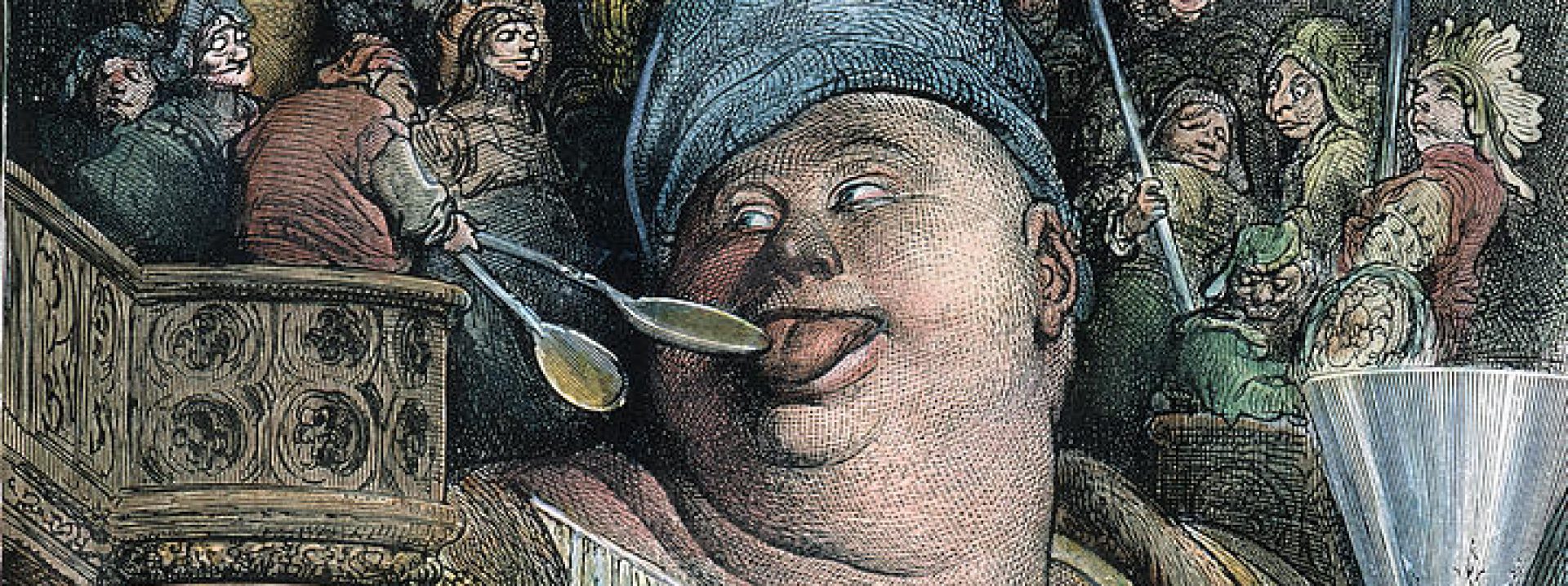
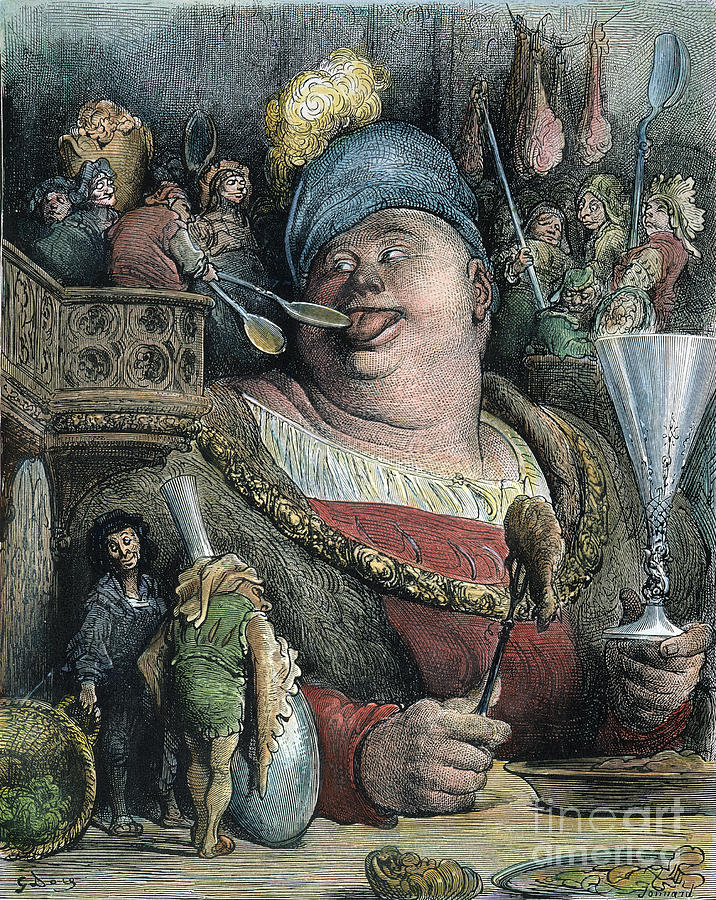
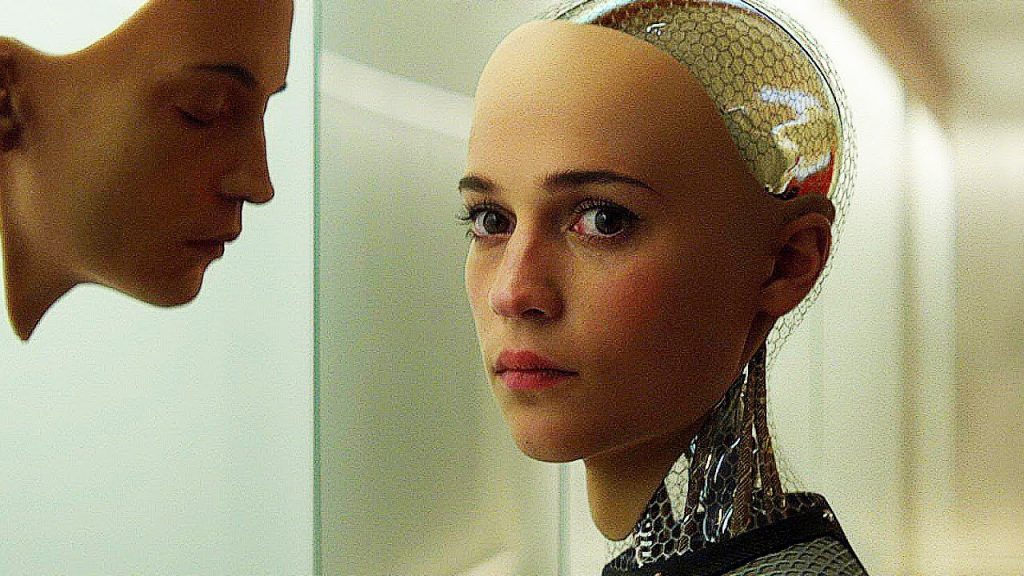
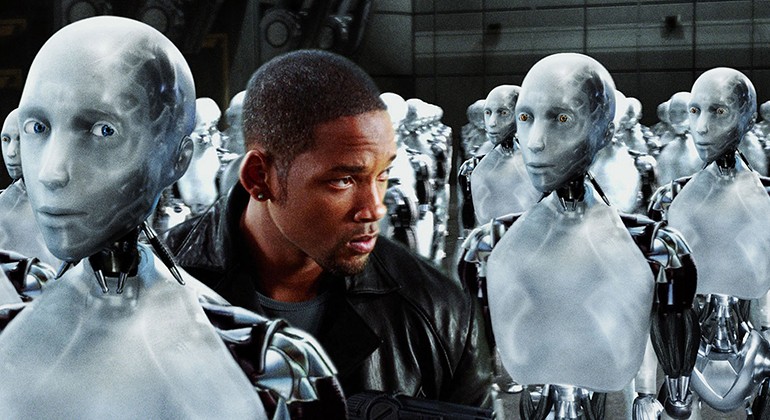

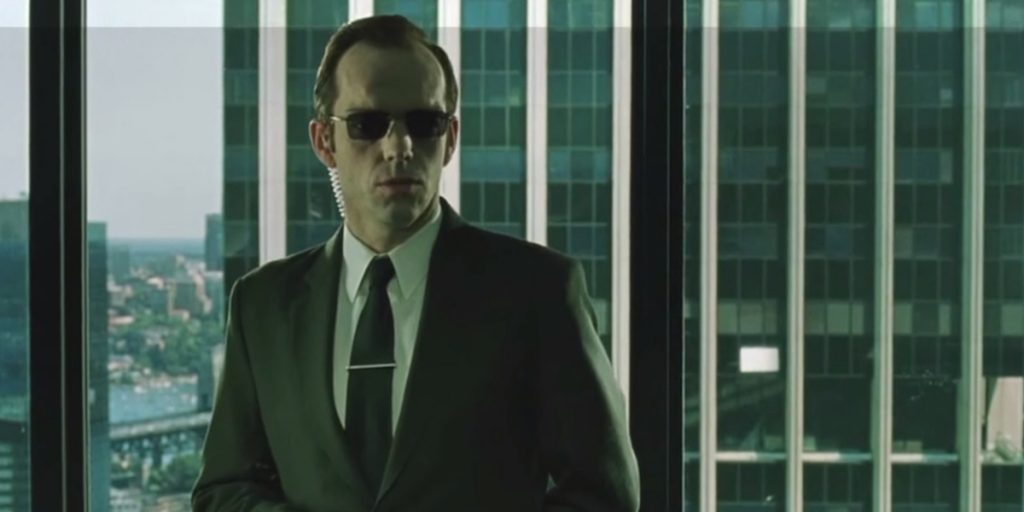
I think you posed really interesting question about AI and the grotesque. I was thinking about the moments when the human-like AI is exposed to be non-human and how it’s always a moment that involves the inside of the machine being seen: wires and technology are visible and it tends to be a moment of horror. To give an answer to your second question, I think that one of humans’ worst fear is someone being a higher and more advanced being than they are, and AI’s are a really good example of that. In being human-like, AI’s are portrayed to look human but be better than them. As living creatures, it’s terrifying to think that we can be simplified to technology and just wires instead of complex organs. In that way, I think that AI’s can be grotesque as they represent humans that have been brought to a “lower” status of complexity, not in composition, but in understanding. Humans praise themselves for their ability of higher thinking, but if it can be mimicked, then it brings them down to beings they consider animals. I’m also thinking of the movie The Blade Runner, where the world is full of Replicants that are human in literally every way but their ability to “be human,” i.e. empathize and discern the empathetic logic (one question they tend to fail is whether or not it is bad to have a cat-skin wallet: since we have leather wallets, they can’t process what the problem of having a wallet made of a domestic animal skin rather than a farm animal is).
One example I was thinking of is the movie Her, where the end “wow look its not a human scene” is more subtle and wireless. If my memory serves, the main character realizes that the AI he is in a relationship with is actually in a similar “romantic” relationship with many people.
I would also say you seem to feel that the threat from AI is relatively subtle like algorithmic discrimination, but clearly many movies portray it as world ending, and I do think the “containment problem” is serious and AI could destroy humanity. I don’t think it will but I also don’t think that idea is crazy.
I also think these movies pop up just from a general distrust of computers and that this is the general theme. There has for a long time been fears of automation stealing jobs. This effects everyone in some ways at some point, and the extreme Hollywood style of this is robots everywhere possibly killing or subjugating humans.
It also opens up an interesting question about what sentience is and that is part of why I think it is a popular movie topic. I have no remorse destroying a computer, but I would if it could pass a Turing test. A question that society will need to ask itself if computers pass Turing tests is how to treat them. Can we destroy them? Are they equal to, above, or below humans? What rights do they/we have in this setting. I think these questions if practical or theoretical are interesting and important so movies play with them.
Thank you both for your thoughtful responses! Alice, I think your observation that humans are really afraid of a more powerful being, especially one that looks human, is very acute, and I think Nico your point about the uncertainty of sentience making these movies relevant or important is something I hadn’t really thought of that nicely augments Alice’s comment.
Given your comments, I want to steer the conversation a little bit towards the grotesque. I think bringing up Her was a really good point of a movie where AI isn’t embodied, so I’m going to limit the scope a little. If robots are embodied, do you think a lack of grotesqueness is required to make these fears/questions salient in film? Or do you think similar reactions could be evoked if the robots had more grotesque bodies? (e.g. this fun dude https://spectrum.ieee.org/automaton/robotics/humanoids/study-nobody-wants-social-robots-that-look-like-humans)
I think that part of the fear is what can be uncovered beneath the human exterior, and what I mean by that is even though once you know something is an AI, there is still shock in seeing what it looks like underneath the human appearance. We know in the back of our heads that the AI’s look like the robot you linked, but seeing it with our own eyes plays into the shock factor of the reveal. If the robots looked grotesque from the beginning, I think some of the effect would go away; not because it’s grotesque, but it immediately uncovers the punchline of “humans can be constructed by wired and metal and still be the same, and now you have an existential crisis.” The lack of grotesque only plays nicely into the fears because it creates a sense of safety and community, and once the grotesque is revealed, it strips that security away. The reveal is a moment where characters might feel shame or strange because they can bound with something that can mimic human emotion and appearance so well. We don’t like to think of ourselves as explainable by science or algorithms, and it’s a scary revelation to have. I can’t speak for everyone, but I think I would actually be more okay with robots and AI that don’t look human because at least I would know from the beginning what I’m getting!
I definitely agree with Alice’s comments. I like how the article you linked mentions the uncanny valley because I think that is a part of it. This feels like a tangent but apparently in the first few toy story movies there are rarely shots of people because they couldn’t make them look real enough so it was just creepy. I think this is what we want AI’s to be like since then we can immediately tell them apart. The scary thing is to not be able to tell them apart which is why movies typically employ this. As you said earlier, movies where the robots aren’t the enemy they often do not look like people because the movie makers aren’t trying to scare us.
If you’ve ever seen the Battlestar Galactica remake I’m thinking about that show mainly. The enemy are the Cylons who used to look like robots kind of like the grey droid things in the Star Wars prequels. They recently built new robots that look exactly like humans. In the first episode, this is revealed. In the rest of the show there is a tension since you don’t know who could be a Cylon and if certain people are Cylons that could Destry everything. My point is I think this is the tension that the AI’s looking normal cause. If we can’t tell them apart there is a constant tension and fear about who is who. On a small scale we may even feel this now when we pick up a phone and a “human” is on the other side but it could be a recording or a bot and we just don’t know.
In all honesty, I don’t think I would have ever made the connection between AI and the grotesque, so I was really intrigued by this appetizer! While I think we’ve agreed that the most terrifying thing is when robots lack the grotesque body, I wonder if there is something carnivalesque about robots and AI. As I’ve alluded to earlier, I think that there’s an inherent lowering of the human condition when AI that mimic humans exist, yet I’m curious to see if we could find ideas of the carnivalesque even if we lack an apparent grotesque-ness.
To kind of go along with this, I think part of why the things we talked about lack the Carnivalesque is because of the implicit or explicit violence and lack of freedom involved. I do think that when we take that away there can be Grotesque and Carnivalesque AI. While I don’t think they are, I see no reason why the Star Wars droids couldn’t be Carnivalesque and Grotesque.
Hey friends, I just want to say thanks for a great conversation! I’m really happy with the perspectives you gave and that you brought up the carnivalesque too — something I hadn’t really thought about. I was planning on this being my final project initially, so I’m glad we still got to do some thinking about it 🙂